Reading about Detroit in 2014 can be confusing. Reports of the city’s bankruptcy sit alongside stories about its entrepreneurial spirit and comeback potential. This may seem inconsistent, but Detroit relishes in this contradiction. While it would be inaccurate to call Detroit a blank slate—the city’s history largely informs who and what it is today—its shrinking population and the loss of resources have left space for the reimagining of what’s possible. It has allowed Detroiters to reconsider what an American city can look like. Urban farms, public art spaces, free media classes, mom and pop stores are some of the byproducts of mainstream disinvestment in the city. Without malls and megaplexes, some say Detroit represents the death of the American city. Those who live here, however, know that without these distractions there is space to really consider what a healthy and vibrant city looks like. Detroit’s development is at a critical juncture. As it continues to grow and attract more residents, its biggest challenge will be honoring its past, acknowledging race and class inequalities, and remaining open to new ways of living.
Hub for progress
Aiming to build a more just, creative, and collaborative world, Allied Media Projects offers media and tech programming to Detroiters young and old, at virtually no cost. Cruise through their funky Midtown offices on a weeknight, and you’ll find yourself in the midst of one of their “Co.Open” workshops, which include sessions on everything from electronic music production to data mapping for justice. Alumni and friends of AMP have gone on to create their own ventures, many of which have won startup funding from Detroit SOUP, an open-to-all, micro-grant dinner that takes place once a month. For a mere $5, entrepreneurs, dreamers, and curious do-gooders can listen to city-centric pitches, vote on their favorite ideas, and dine on potluck-style snacks.
Civic engagement
For the past 18 months, Detroit has been under the jurisdiction of Emergency Manager Kevyn Orr, who stepped in amidst the city’s financial crisis. While some argue his appointment was necessary in light of strained finances, it hasn’t been an altogether welcome move. For many Detroit residents, Orr’s presence represents an encroachment on their democratic rights. This may, however, be changing. In September, elected mayor Mike Duggan announced that all elected leaders will resume their decision-making powers. How the city proceeds from here will largely inform its future and ability to lead for itself. While voter turnout has been low, organizations like Assemble and Vote Detroit are making “Rock the Vote”-esque strides to make the electoral process hip again, throwing parties and concerts to raise awareness around candidates and issues.
Street life
Every Saturday morning, Eastern Market is flooded with thousands of shoppers who mill about the expansive district—Michigan’s largest open-air market—looking for fresh produce and locally-made treats like pickled slaw and sweet potato pie. A program called Growing Communities gave small businesses within the market in October a total of $60,000 in grants to further grow their presence. Nestled next to the prominent butcher shops and cheese emporiums, you’ll find Salt & Cedar, a letterpress studio that hosts regular readings; Omnicorps, a makerspace that organizes monthly open-hack nights; Trinosophes, a coffee shop that moonlights as a gallery and performance space; and Antietam, an art deco inspired restaurant with well-heeled clientele.
Defining moment
Detroit’s Water and Sewerage Department began shutting off water in May at homes with delinquent bills. The move sparked immediate action by outraged citizens who banded together to create the Detroit Water Brigade. Staging protests and delivering bottled water to otherwise stranded Detroiters, the DWB helped catapult the water dilemma to national headlines. Based on the group’s efforts—and the mainstream attention they garnered—Mayor Duggan issued a month-long moratorium in August on water shut-offs in order to give residents time to create payment plans. In October, the U.N. intervened on a fact-finding mission. The citizen response highlights the brewing grassroots social justice movement and an awareness of the inequalities that still exist in the community.
Connectivity
Sky-high car insurance rates, eco-conscious millennials, and unreliable public transit mean biking is increasingly en vogue. Detroit has made efforts to appease the growing cycling population by adding bike lanes to main thoroughfares and supporting community-run bike excursions like Critical Mass and Slow Roll.
Green life
In October, the city hosted the inaugural Urban Innovation Exchange, which brought together a range of projects to tackle the city’s challenges, especially sustainability and urban renewal. Highlights include The Alley Project, which encourages Detroit youth to beautify their city with acts of creative (but legal) expression, and Power House Productions, a community development and art project that’s responsible for the improvised community known as Banglatown, home to a diverse set of people who have a vested stake in beautifying their neighborhood.
Diversity
Saunter through Hamtramck—a city nestled within Detroit—and you’ll happen upon Yemen Cafe, Polish Village Café, and Aladdin Sweets & Cafe. These sought-after eateries represent the city’s three main immigrant groups who come from Yemen, Poland, and Bangladesh. While the city’s distinct restaurants may make the neighborhood appear more fruit salad than melting pot, places like Ride It Sculpture Skate Park (a Power House Productions project) go far to ensure a collision of worlds.
Work/life balance
Eschewing big-box stores, Detroit is a city where small business is king. In October, The New Economy Initiative awarded $10,000 grants to 30 small businesses to further the trend. A perk of the culture is that small business owners get to set their own hours, like the popular “Monday-off” agreement which sees local spots like Supino Pizzeria and Detroit Vegan Soul closed on Mondays alongside the Detroit Institute of Arts, the Detroit Public Library, the Museum of Contemporary Art Detroit and the Motown Museum.
Allie Gross is a freelance journalist based in Detroit, a city where time, like in a Dali painting, seems to melt. Leisurely swims on Belle Isle, strolls along the train tracks, boulevards that look like time capsules and the general slow rhythmic pace is what she loves best.

















 A collection of toilet paper rollsCanva
A collection of toilet paper rollsCanva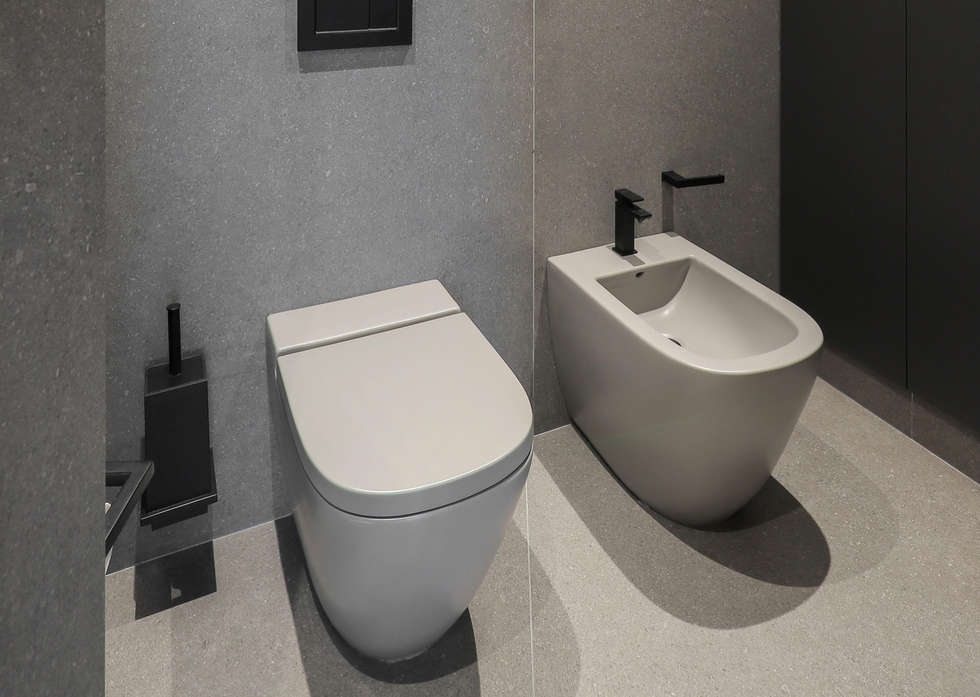 A bidet next to a toiletCanva
A bidet next to a toiletCanva A cute pig looks at the cameraCanva
A cute pig looks at the cameraCanva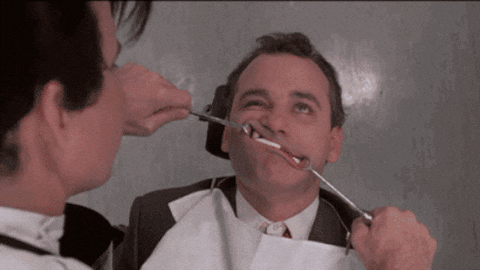 A gif of Bill Murray at the dentist via
A gif of Bill Murray at the dentist via  A woman scrolls on her phoneCanva
A woman scrolls on her phoneCanva
 A confident woman gives a speech in front of a large crowdCanva
A confident woman gives a speech in front of a large crowdCanva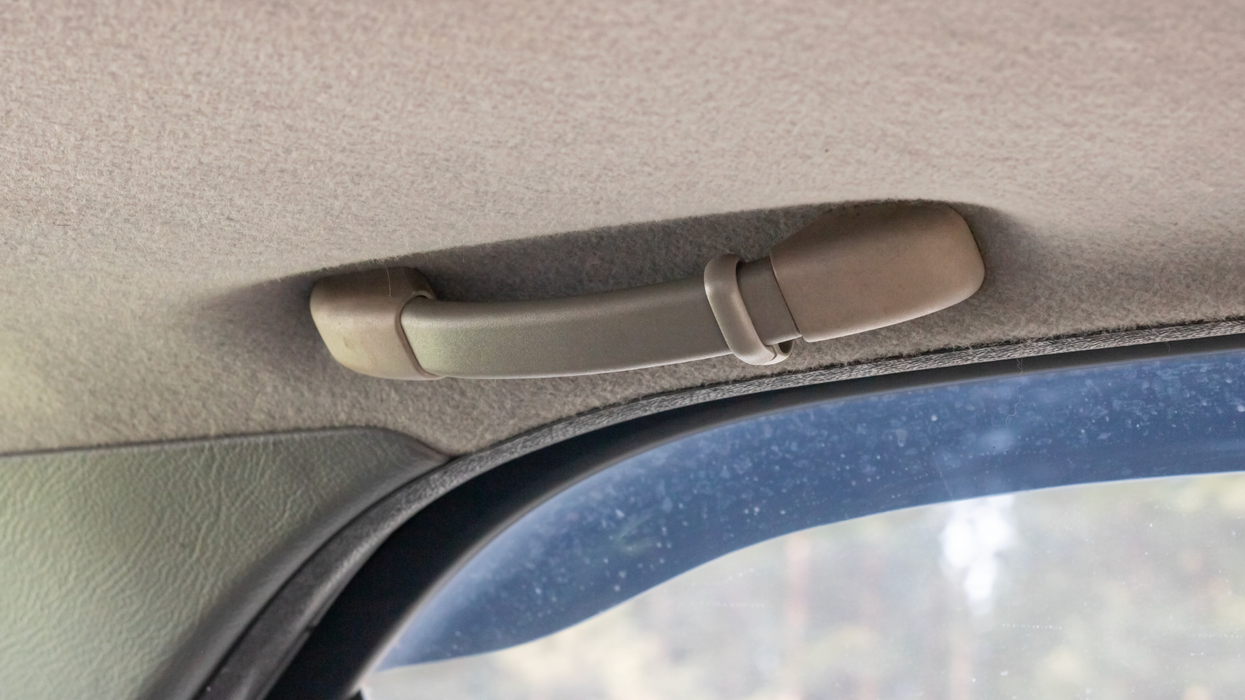
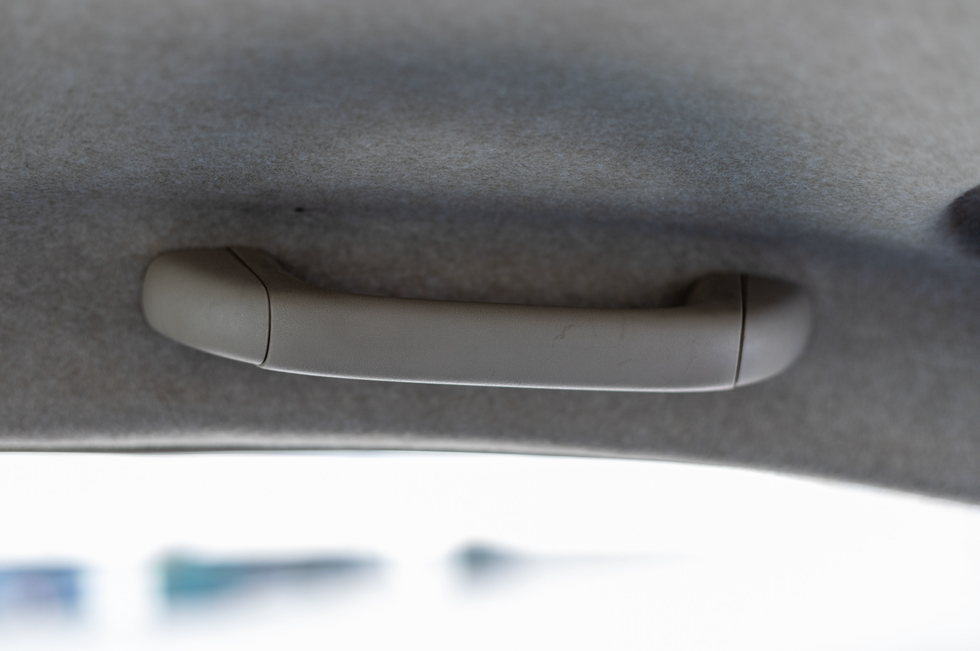 The 'weird' car ceiling handle above the windowCanva
The 'weird' car ceiling handle above the windowCanva A gif of a dog and cat screaming in a car via
A gif of a dog and cat screaming in a car via 

 Creativity and innovation are both likely to become increasingly important for young people entering the workplace, especially as AI continues to grow.
Creativity and innovation are both likely to become increasingly important for young people entering the workplace, especially as AI continues to grow.

 Peru stingless bee.USGS Bee Inventory and Monitoring Lab/
Peru stingless bee.USGS Bee Inventory and Monitoring Lab/ 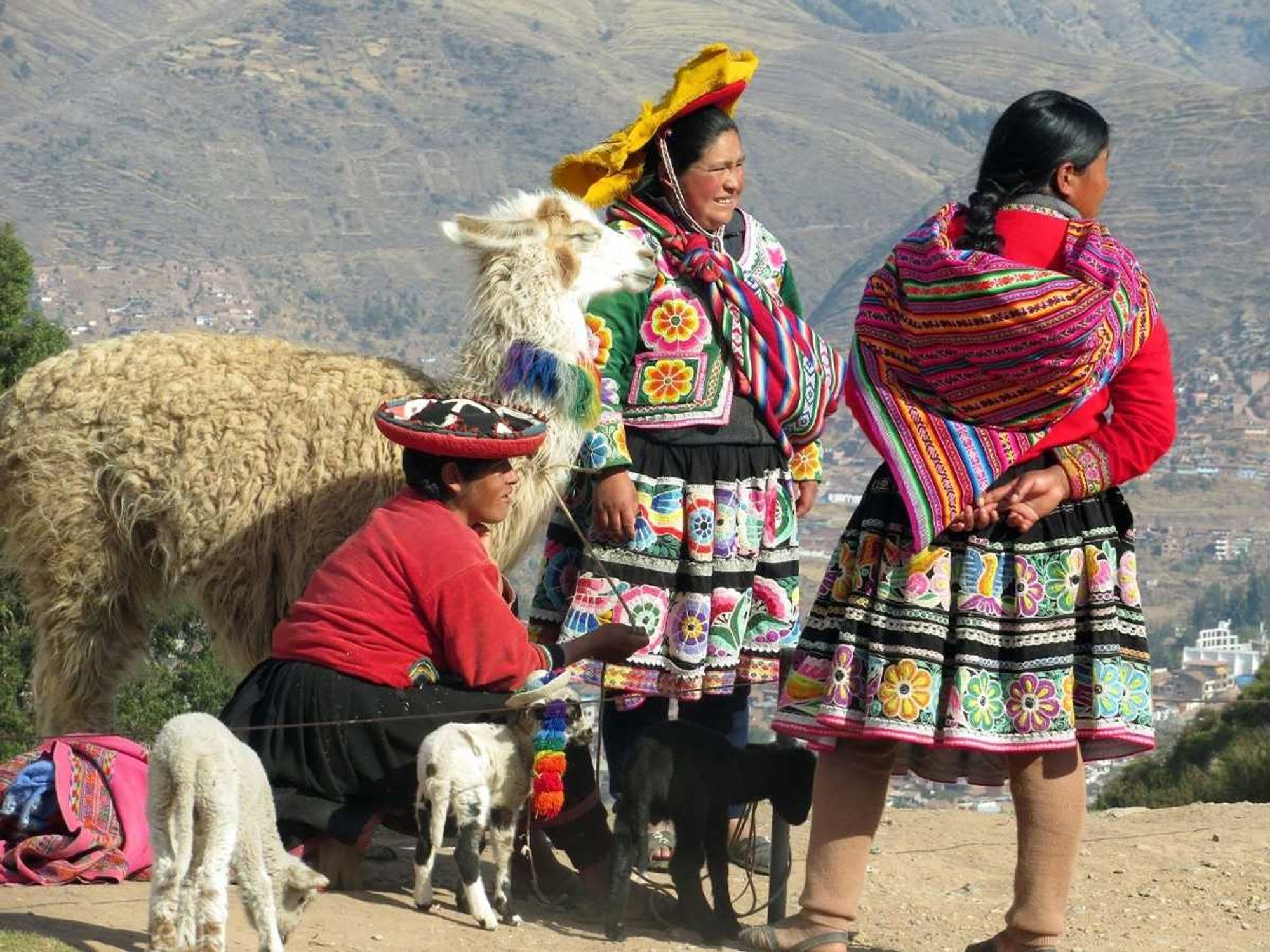 Indigenous Peruvian people.Photo credit
Indigenous Peruvian people.Photo credit